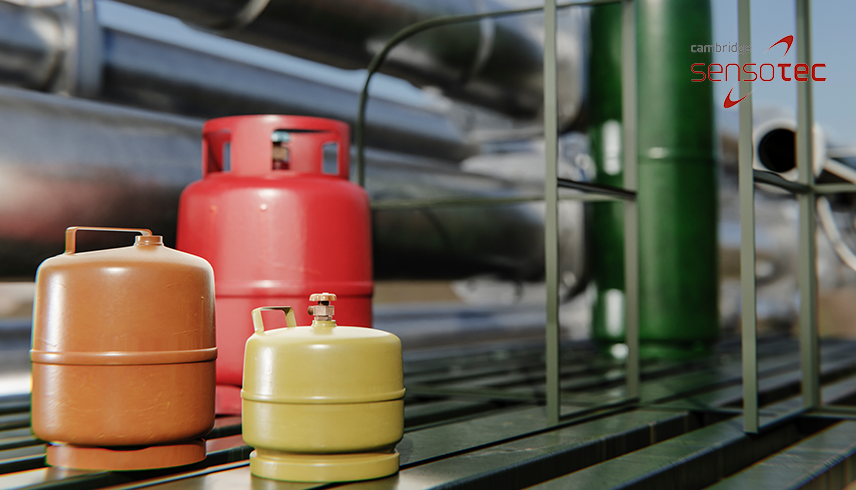

Enhancing Efficiency: The Importance of Gas Measurement in Heat Treatments
Introduction:
In the intricate world of heat treatments, where the subtle balance of temperature and atmosphere defines the quality of the final product, gas measurement emerges as a silent but indispensable protagonist. Gas measurement technologies act as the vigilant guardians of the treatment environment, ensuring that the delicate dance of metallurgical transformations unfolds flawlessly. Let’s delve into the multifaceted importance of gas measurement in the realm of heat treatments and how it contributes to enhancing efficiency and precision.
Importance of Gas Measurement in Heat Treatments:
Gas measurement in heat treatments serves as the linchpin, orchestrating a harmonious interplay of gases to achieve desired material properties. Whether it’s the controlled diffusion of carbon atoms during carburising or the precise regulation of oxygen levels during annealing, gas measurement technologies provide real-time insights into the treatment environment’s chemical composition. By monitoring crucial parameters like oxygen, carbon dioxide, and nitrogen levels, gas measurement technologies empower operators to maintain optimal conditions for metallurgical processes. This granular control ensures that heat treatment cycles yield consistent results, with minimal variations in material properties.
Gas measurement also plays a pivotal role in troubleshooting and process optimization. Fluctuations in gas levels can signal equipment malfunctions or deviations from the desired treatment parameters. By promptly identifying and addressing these issues, operators can minimize downtime and prevent quality defects, thus maximising operational efficiency.
Benefits of Gas Measurement in Heat Treatments:
The benefits of gas measurement in heat treatments extend across various dimensions:
- Enhanced Process Control: Gas measurement technologies enable precise monitoring and adjustment of gas levels, ensuring tight control over treatment environments and process parameters.
- Improved Product Quality: By maintaining optimal gas compositions, manufacturers can achieve uniform material properties, resulting in higher-quality end products with consistent performance characteristics.
- Energy Efficiency: Optimised gas usage reduces energy consumption and operating costs associated with heat treatments, contributing to sustainable manufacturing practices.
- Compliance Assurance: Accurate gas measurement data provides a reliable record of treatment conditions, helping manufacturers demonstrate compliance with industry regulations and customer specifications.
Conclusion:
In the ever-evolving landscape of metallurgical processes, gas measurement stands as a cornerstone of efficiency and quality assurance in heat treatments. As industries strive for greater precision and sustainability, the role of gas measurement technologies will continue to expand, driving innovation and excellence in materials processing. By harnessing the power of gas measurement, manufacturers can unlock new opportunities for process optimisation, product innovation, and competitive differentiation in the global marketplace.
Ready to enhance your heat treatment processes with advanced gas measurement solutions? Contact us today to learn more about our cutting-edge gas analysis technologies and how they can optimize efficiency and quality in your operations.
Further Reading:


